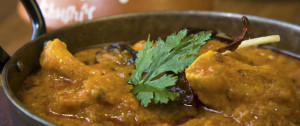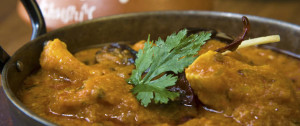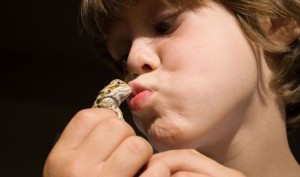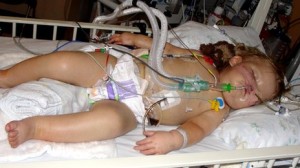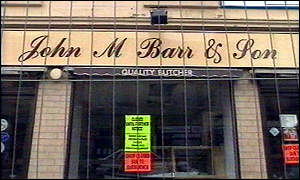Dave Watson of the Unison Scotland blog writes:
Protecting the consumer and quality Scottish food brands needs proper regulation and a new Food body that puts food safety before company profit.
 I was giving evidence this morning to the Scottish Parliament Health Committee on the Food (Scotland) Bill. This Bill creates Food Standards Scotland to take over the work of the UK-wide Food Standards Agency in Scotland, and establishes new food law provisions.
I was giving evidence this morning to the Scottish Parliament Health Committee on the Food (Scotland) Bill. This Bill creates Food Standards Scotland to take over the work of the UK-wide Food Standards Agency in Scotland, and establishes new food law provisions.
UNISON welcomes the devolution of this work from a UK body that has a mixed record in protecting consumers. It has all too often fallen into the deregulation lobby and tamely surrendered to the pressures from some meat producers for faster production at the expense of food safety. We hope that a Scottish body will recognise that protecting the brand requires independent inspection, so that the consumer can have confidence in the product. It was encouraging to hear Tesco making similar points this morning.
A key test will be to ensure that meat inspection is not handed over to the companies as many of the producers would wish. A company meat inspector is inevitably placed in an impossible conflict of interests position.
There is a good example of deregulation currently in front of MSPs with an EU proposal to introduce visual only inspection of pig carcasses. This means the 37,000 abscesses and tumours spotted by meat inspectors are likely to be missed in future and minced into our sausages and pies. The health risks may be low, but this is a quality issue. Something the FSA thinks is nothing to do with them. I trust MSPs grasped what the FSA said on that point this morning and ensure that quality is a concern.
There is a welcome strengthening of the regulatory powers in areas such as administrative fines and a duty to report. However, all the legislation and regulation in the world is useless if it is not enforced – a common theme in evidence this morning. The numbers of local authority Environmental Health Officers and staff dealing with food have been cut by 20% and food sampling is down by a third. Putting an out of date inspection report on a restaurant door is pointless. The preventative and education work that the industry welcomes is also being reduced because of staffing cuts.
The legislation is very light on staffing issues, you would think inspection was carried out by robots! Staff transfers are relegated to the Financial Memorandum when the Cabinet Office rules say they should be in the legislation. There are also no provisions for Staff Governance, something the new body would benefit from.
There may well be a reduced demand for pies and and sausages in the MSP canteen today and our latest info graphic makes the point visually. Let’s hope our MSPs recognise that food safety and quality is everyone’s business.
 He said the “darkest days” in the youngster’s treatment were when it became clear how seriously the infection had damaged him.
He said the “darkest days” in the youngster’s treatment were when it became clear how seriously the infection had damaged him.



